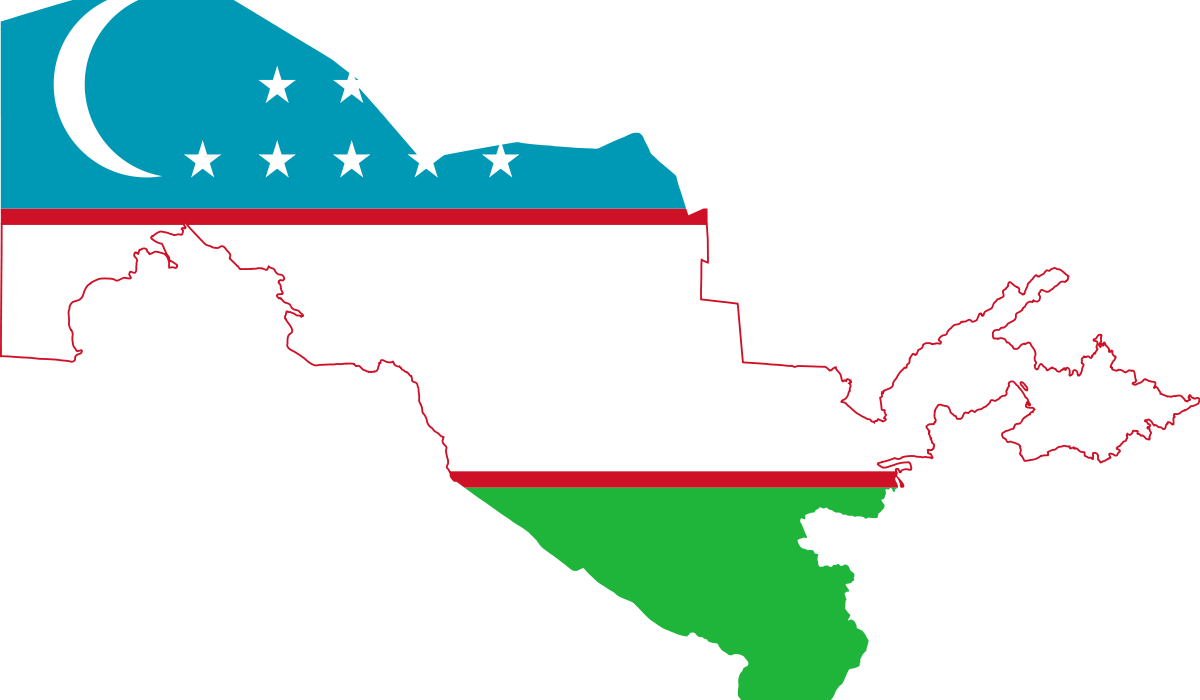The Anti-Corruption Agency of Uzbekistan in partnership with the European Union (EU), the United Nations Development Programme (UNDP), Korea’s Anti-Corruption and Civil Rights Commission (ACRC), and the UNDP Seoul Policy Center on November 15 held an event to present the results of the impact assessment of reporting on corruption cases and a draft law to protect whistleblowers to government officials, experts, activists and media. The event concluded with recommendations for strengthening Uzbekistan’s approach to corruption reporting and empowering citizens in the fight against corruption, the Delegation of the European Union to Uzbekistan reported.
The survey, conducted across 14 regions of Uzbekistan, explored citizens’ views on reporting corruption. It included over 500 respondents, 10 ministries, agencies, and more than 20 anonymous employees. The results revealed key challenges: while 74% of respondents were willing to report corruption, and 82.2% preferred using electronic platforms or apps, barriers still exist. These include personal involvement in corruption (19.8%) and not knowing where to report (20.4%). Cultural attitudes also play a role, with 13.8% seeing gift-giving as gratitude and 7.4% not considering it corruption. These findings highlight the need for improved public awareness, accessible reporting tools, and clearer definitions of corruption to foster a more effective anti-corruption framework.
These findings informed the establishment of a centralized electronic reporting system modeled on Korea’s Clean Portal platform, developed by the ACRC, and the preparation of the draft law, “On the Protection of Persons Reporting Corruption-Related Offenses”. Introduced by the Anti-Corruption Agency and developed with the EU and UNDP support in collaboration with international consultants, the draft law incorporated recommendations from the Istanbul Action Plan of the OECD for Eastern Europe and Central Asia, aligning Uzbekistan’s efforts with practices from countries such as the United States, South Korea, China, and Latvia.

